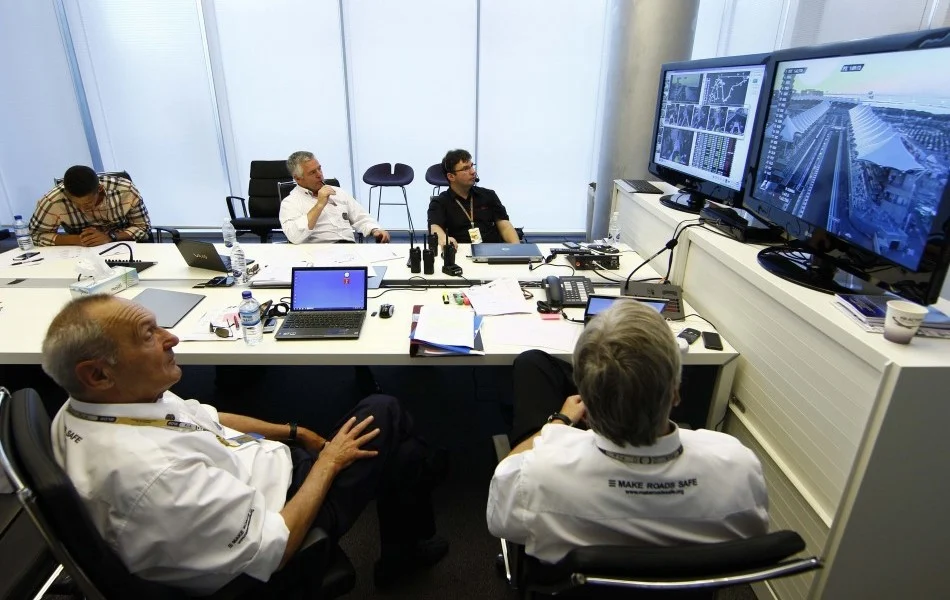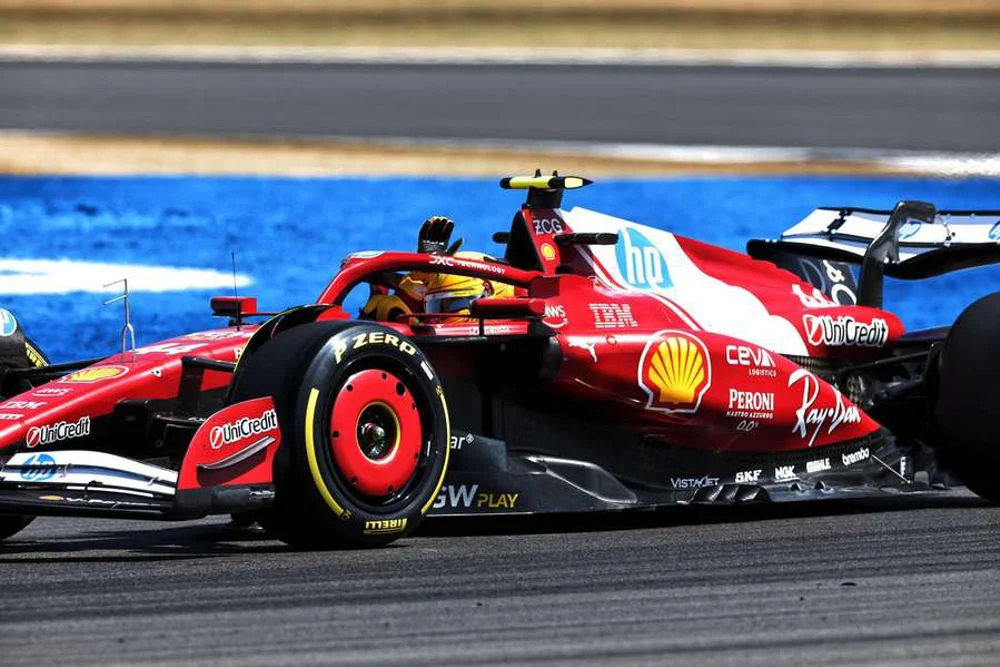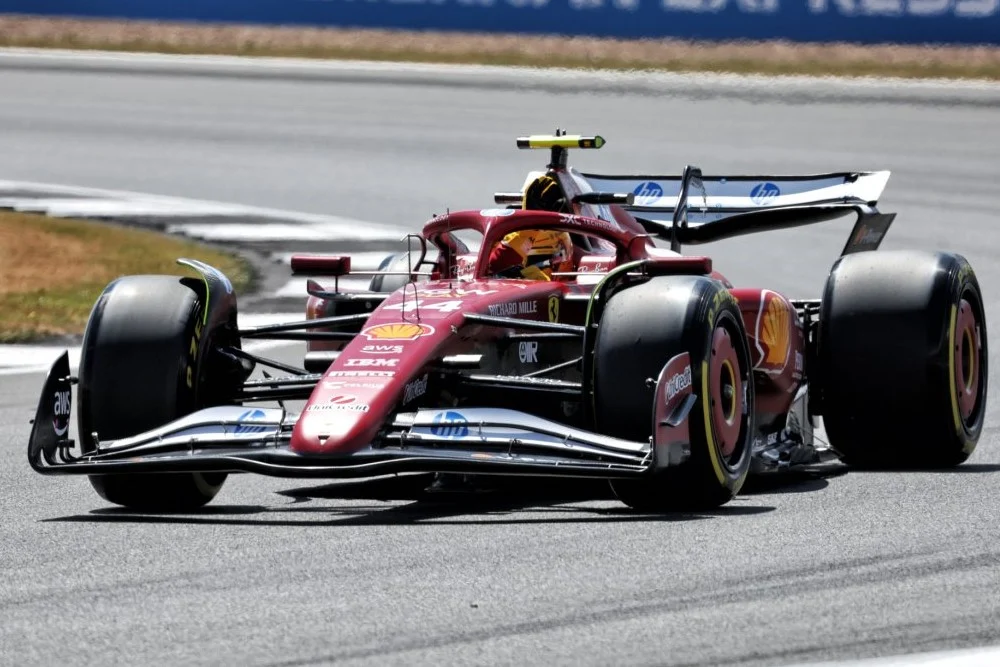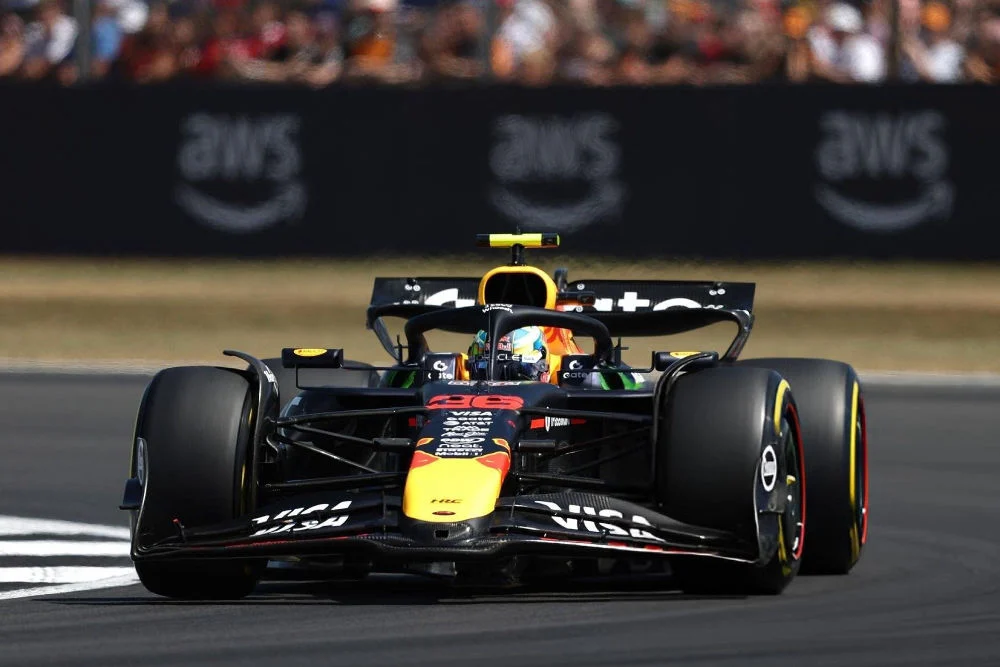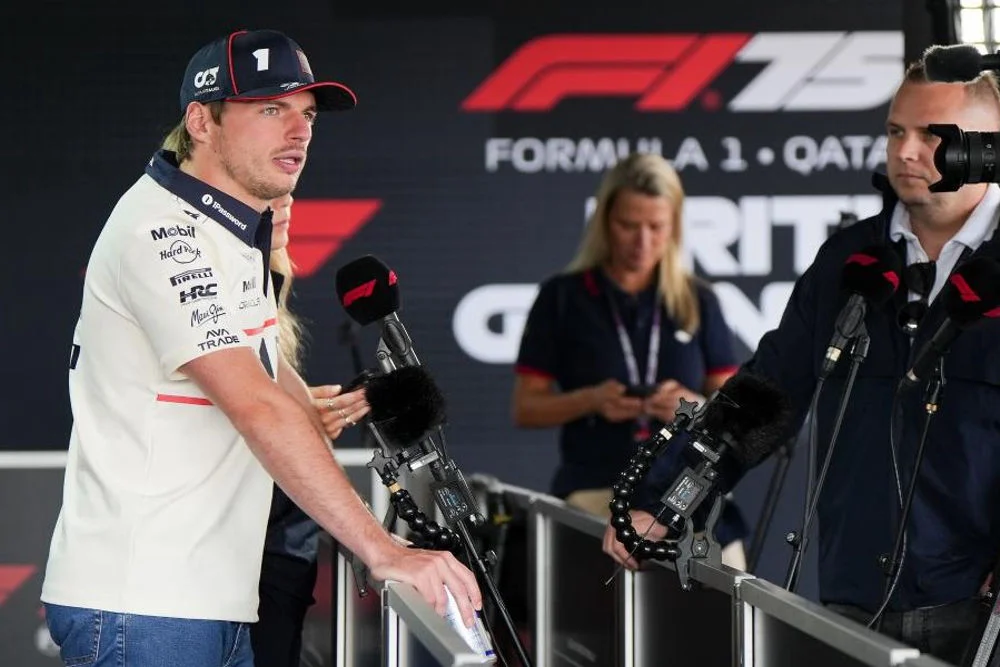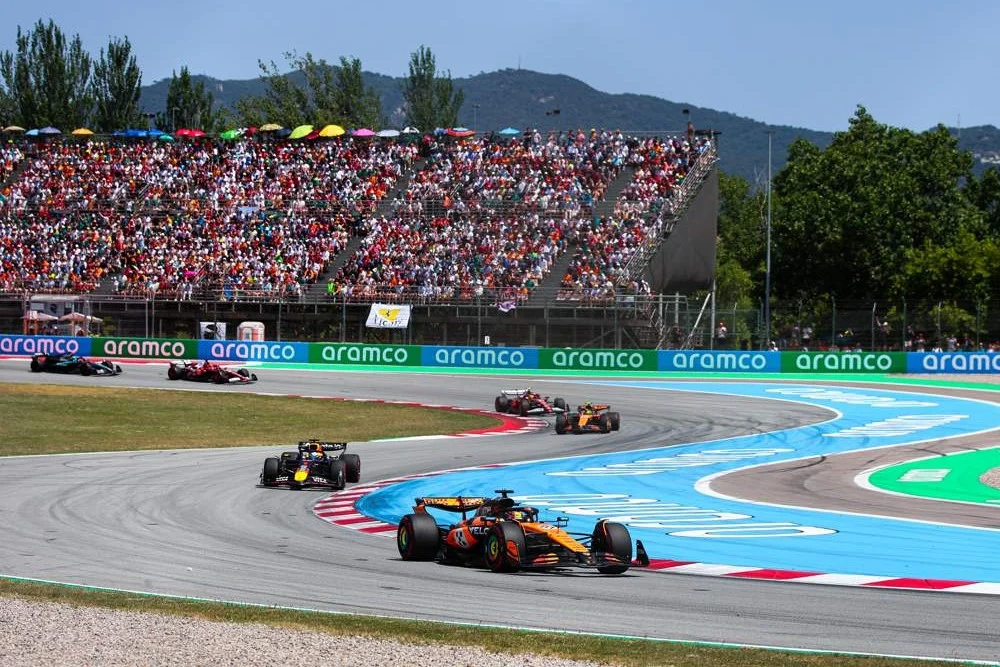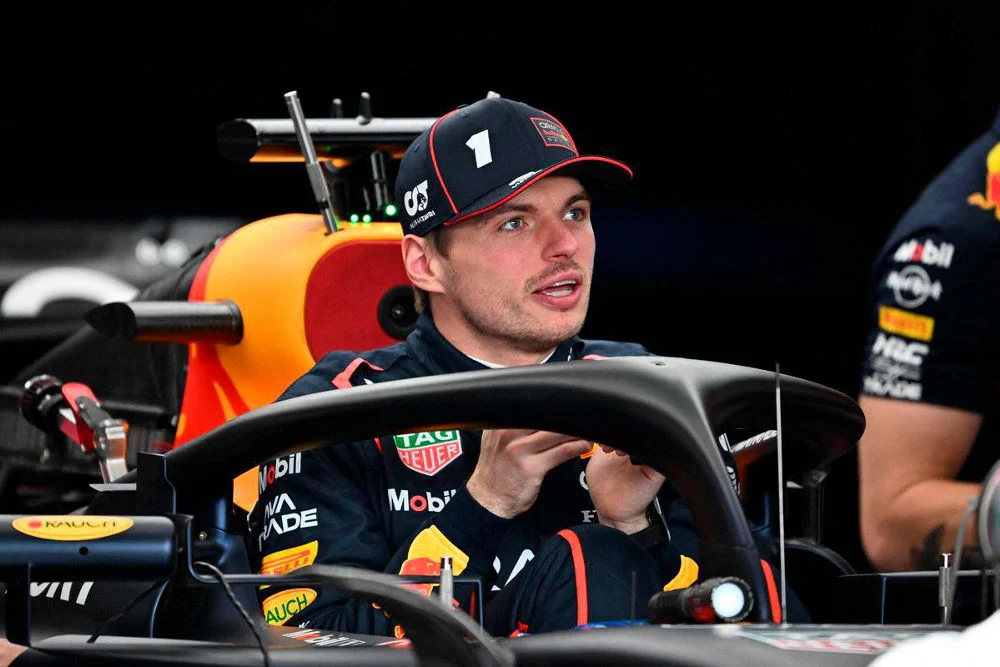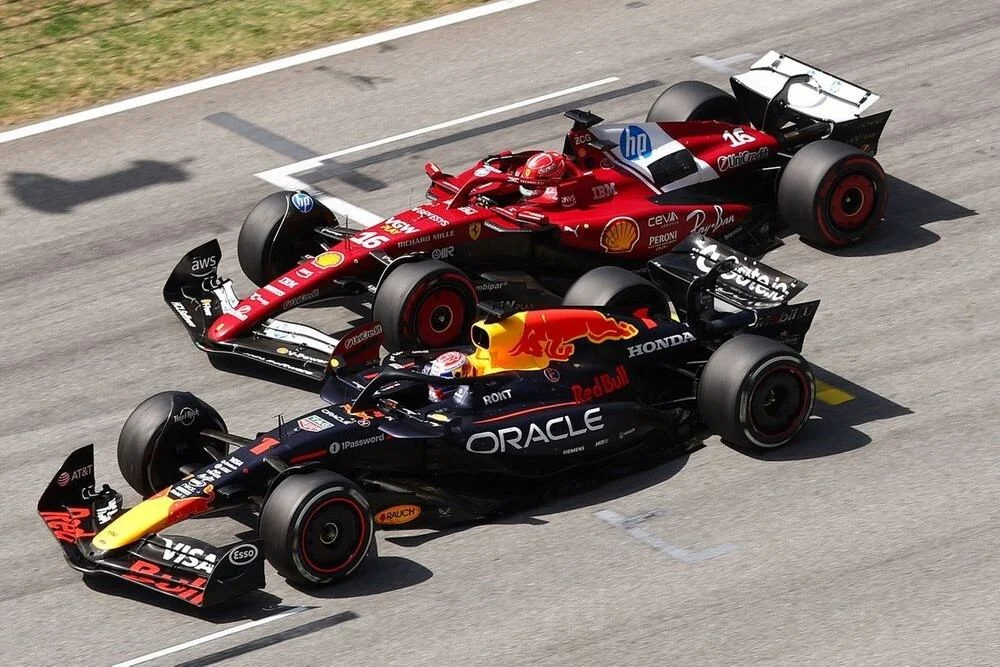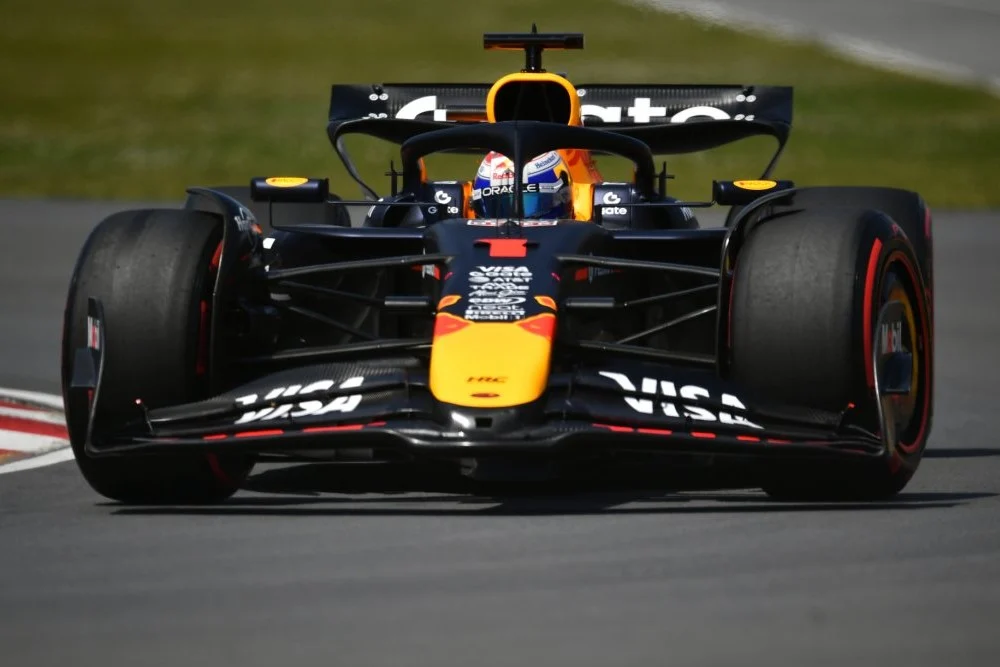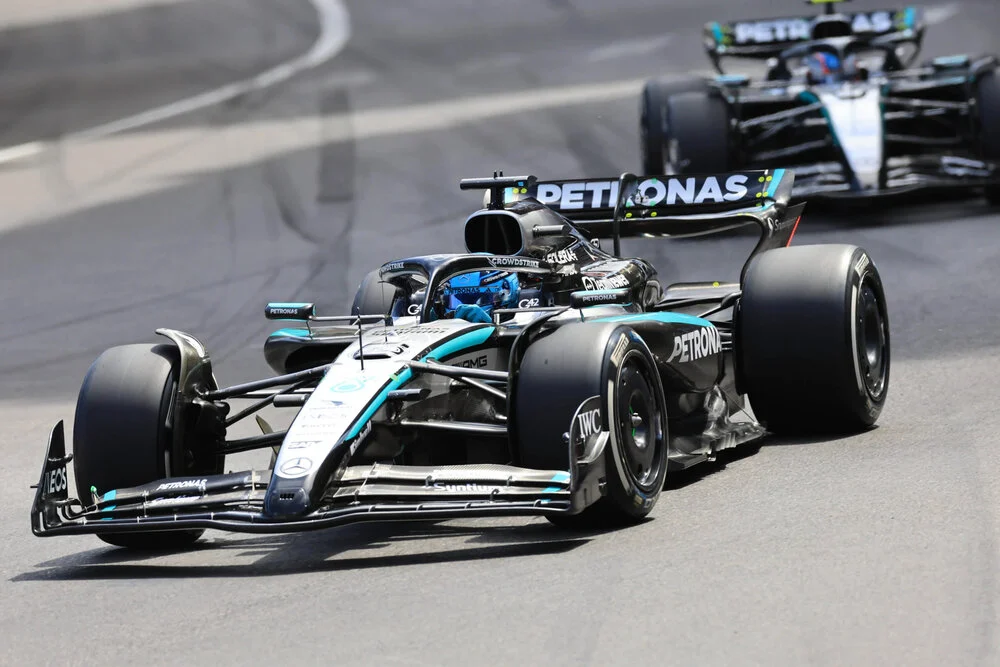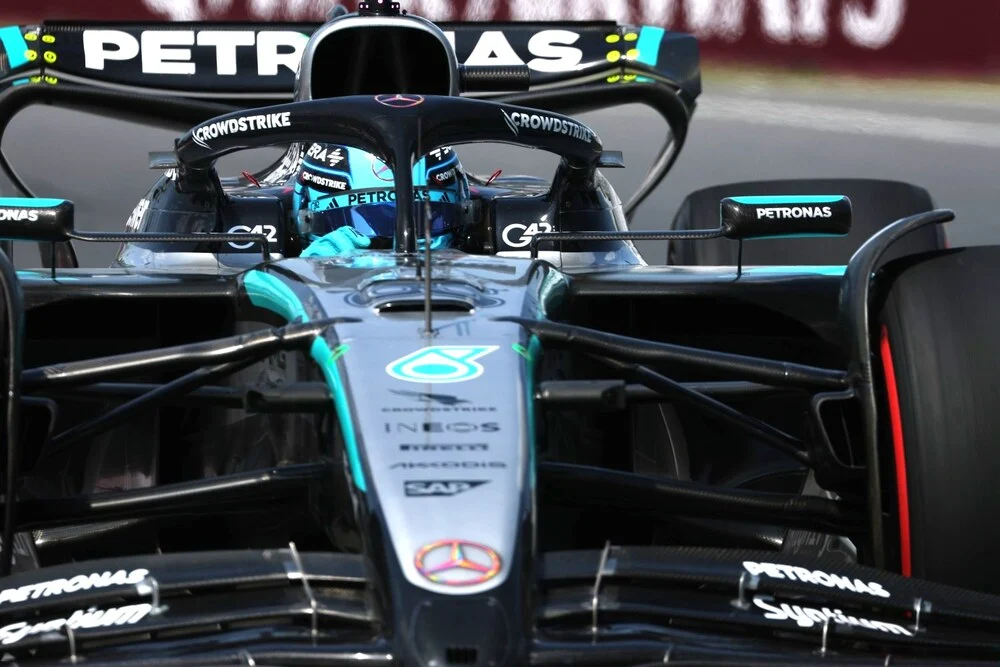The FIA has taken a decisive step towards addressing long-standing concerns over steward professionalism and consistency by establishing a new F1 Officials Department.
The move which was announced on January 25, 2025, is aimed at creating a more structured and professional framework for officiating in motorsport, marking a significant shift from the traditional reliance on volunteer stewards.
The new F1 Officials Department is set to be led by Matteo Perini, a veteran steward with extensive experience in the sport.
The decision to establish this department reflects the FIA’s acknowledgment of growing criticism over steward professionalism from teams, drivers, and fans following inconsistencies and biases in making crucial decisions.
By centralizing the management and training of officials under this new department, the FIA aims to enhance fairness, transparency, and accountability in its decision-making processes.
In an interview with Motorsport.com, FIA’s single-seater director Nikolas Tombazis highlighted the current reliance on volunteers has become increasingly “unfair,” given the complexity and high stakes of modern Formula 1.
He noted that while the existing group of stewards is highly experienced—many having served for decades—the sport requires a broader pool of trained professionals who can dedicate more time to analyzing decisions and improving officiating practices.
Tombazis also explained that the new F1 Officials Department would not exclude volunteers but would instead create a hybrid system where both professional and volunteer stewards work together to uphold the integrity of the sport.
“It’s probably getting a bit unfair to just rely on people to do it out of their good heart and that’s what we have now,“ he said. “We want to go to a more professional body in the future.
“That’s not to exclude volunteers, but it’s to have a body that can spend the Monday morning after a race analysing every single decision, making sure it was reached correctly, seeing what could be improved.
“That will be combined with a more powerful remote centre, where more monitoring will take place for a range of offences, and all of that will be linked together. That’s the general target.
“Ultimately, it will bring up a wider pool of people available to do it and will provide that they will have more time to spend on analysing everything and so on.
“Just to be clear, that’s without taking anything away from the group we have now, which is very experienced and has been serving for 20 years.”
One of the key objectives of the F1 Officials Department is to boost steward professionalism by offering comprehensive training programs for race stewards and directors. These programs will focus on developing technical expertise, impartiality, and consistency in decision-making.
The FIA has already been running high-performance training initiatives for several years, identifying promising candidates from national sporting authorities worldwide.
Approximately 30 individuals have participated in these programs, with some progressing to officiate in major motorsport series such as Formula E and rallying. However, Tombazis acknowledged that these efforts need to be expanded further to meet the growing demands of Formula 1.
“There’s already a high-performance steward programme and race director programme, which has been going on for a couple of years,“ he added.
“There have been around 30 people who’ve been selected from national sporting authorities and sponsored by certain people and helped through the program from different regions.
“These people move onto the ladder and ultimately could end up in Formula 1 or rallying or Formula E in the future, so I think that is going on reasonably OK for a number of years. That said, there’s also the feeling that it must step even further. It must be a proper department that leads these matters.
“We feel that in Formula 1 we get quite a lot of comments about the consistency of stewards. I would hasten to add that analysis was also done even by teams that have indicated that the stewards are actually pretty consistent.
“However, they are people who definitely have a huge level of expertise, but we don’t have as many as we would like available or trained up.”
The new F1 Officials Department will also prioritize post-race analysis as part of its efforts to improve consistency. Officials will be tasked with reviewing decisions made during races to identify areas for improvement and ensure that rulings are based on clear and consistent interpretations of the rules.
This process will be supported by a more powerful remote monitoring center designed to provide real-time data and insights during races. By integrating advanced technology into its operations, the FIA aims to reduce subjective decision-making and enhance the accuracy of its rulings.
FIA President Mohammed Ben Sulayem has also weighed in on the new F1 Officials Department initiative, describing it as a necessary evolution for motorsport governance.
“Stewards do not grow on trees,“ Ben Sulayem. “It takes time to educate them. It takes time to train them. And then you evolve them, so we have a programme.“
Ben Sulayem also dismissed calls for fully permanent stewards due to financial constraints but expressed confidence that the hybrid model being developed would achieve similar results.
He added: “I see the point about having them maybe like the Premier League where they [referees] are paid, but we don’t have the money to do that.”
READ ALSO: George Russell: F1 drivers fed up with FIA leadership under Ben Sulayem

